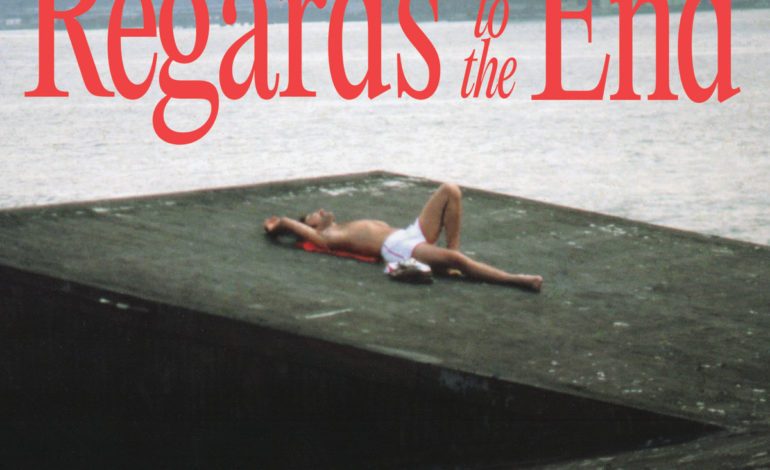

Cinematic and cerebral
Emily Wells, a well-known multi-instrumentalist, has created an album that deals with many various crises she has experienced. Regards to the End deals with the AIDS crisis, climate change and other forms of destruction, these issues are explored in interesting polymathic rhythms. As a queer musician, she brings introspection to the viewer. Holding a mirror to the audience, she encourages them to see the end as she does. Expanding beyond traditional conceptions of song-making, this album has the potential to be one of the best of the year.
The sound of entropy is what introduces the audience to Regards to the End. “I’m Numbers” is an uneasy balance between modern dream-pop sensibility and experimental rock. Airy vocals cut through the jumpy instrumentals. As the lyrics build, the instrumentals become more cinematic in nature. The kick of the drums comes in at just the right time, to drive a sense of direction to the song. The amount of time changes within this track provides for a more engaging listen. If there is any song that captures the feel of a record so accurately so far this year, it’s this. The outro of violins and electronic elements give it just the precarious balance of chaos and order in the song, bringing it to a satisfying and cerebral closure.
Elements of Florence and the Machine and other pop-rock artists can be heard in songs such as “Two Dogs Tethered Inside”, but Emily Wells clearly creates her own voice for herself in this record. “All Burn, No Bridge” has a haunting performance, with vocals that are undercut by the use of piano. Its desperation and despair drip through the song, which is one of the slowest on Regards to the End. Personally, the production here is remarkable— with the loops of lyricism intertwining with one another to create a paradox. The harmonies almost match, but one slight note makes them clash. This textured song gives a sense of guidance, even if it is one of the darker tracks on the album. Destruction is a key part of this album, and trying to put back the pieces does not often fit right, as shown in the instrumentals of this song.
By contrast, “David’s Got a Problem” is more melodic than its former counterpart. With its gentle, soothing sound, there is a lullaby-like element to its performance. Its scarcity has a beauty to it that connects it to the rest of the album. It’s a necessary song, perhaps, to have these repetitive verses with simple piano chords. It is clear that Wells has more than just a talent for storytelling, as the instrumentals all reverberate with an energy that supports its lyrical content. The two meld seamlessly here, with the violin drones at the end mimicking a siren. Perhaps, its simplicity makes it stand out as a single.
“Love Saves the Day” is a bridge between these worlds— of scarcity and abundance, of organization and entropy. As the title alludes, endings are central to the work. The desire to run is something that captures the singer, and thus the instrumentals envelope this idea of a tug-of-war between the love she feels and the desire to get out. The production here is such a marvel, as it combines organic and electronic components in a way that gives an uneasy, foreboding feeling. Once again, loops are utilized almost like an intrusive thought that pervades. Remarkably, this never gets too busy. Instead, the album simply gets better at every unexpected turn.
“Dress Rehearsal” comes near the tail-end of the record, however, the momentum keeps building. With a flourish, Wells creates a dynamic song that, again, shows the mastery of the medium. In a way, there is a theatrical quality to it. In droning vocals, Wells creates an atmosphere that envelopes the listener, there is a clear soundscape. The performance is nothing short of beautiful, with its relation to the album. While not as experimental as predecessors such as “Arnie and Bill to the Rescue,” there is still an inherent love and attention that dominates the album.
To close the album, “Blood Brother” is a medley of lovely woodwind instruments with brass. In a homely, almost down-to-earth feel to the beginning, the cerebral atmosphere becomes more grounded in itself. In an album centered around the nature of endings, it only makes sense such a satisfying conclusion bookends it. In the helplessness of endings, there is indefinite beauty. Regards to the End is a testament to the cultural zeitgeist, while still creating such a unique, pivotal voice of itself. It’s certainly a record one does not want to miss.
